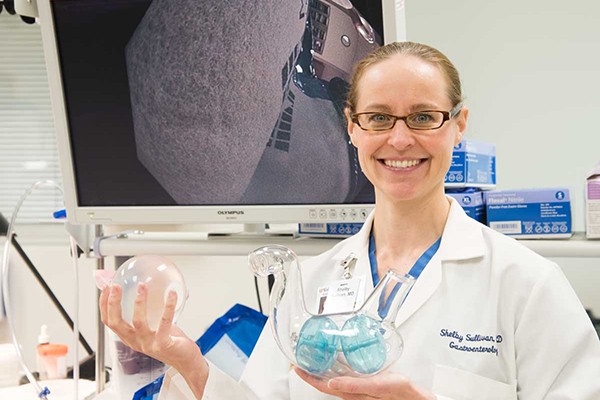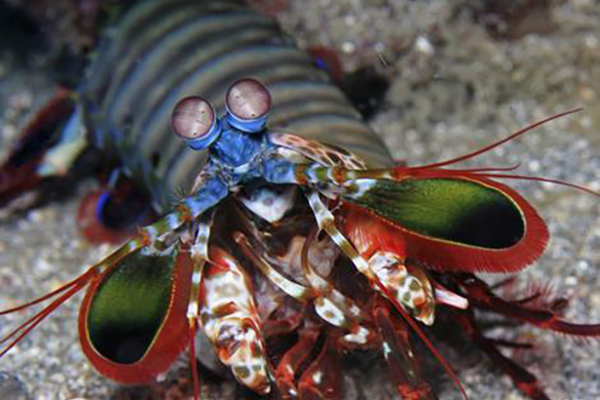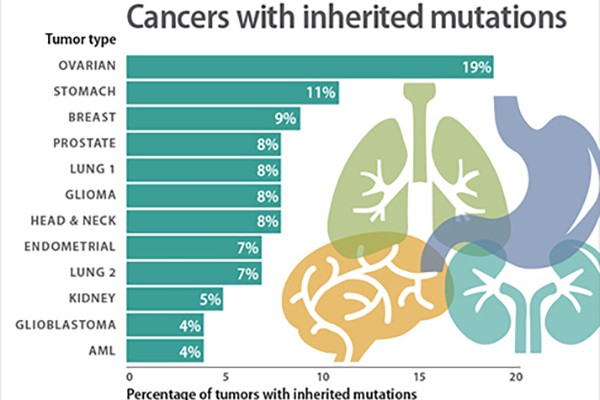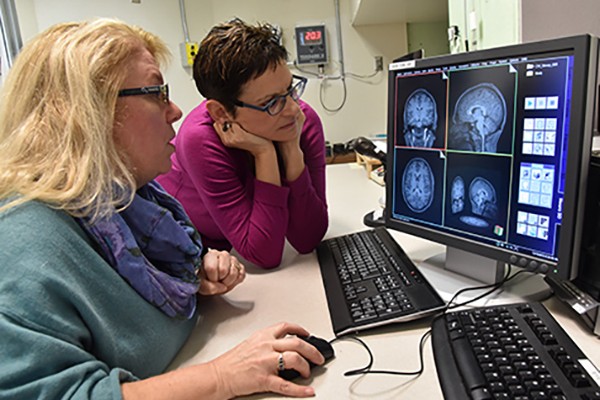$4.1 million Clayco Foundation gift aids research into rare disease
Clayco’s chairman and CEO, Robert G. Clark, along with the company’s partners, have committed $4.1 million to Washington University School of Medicine in St. Louis to advance research into a rare blood vessel disease that results in death five to 10 years following diagnosis.
Obituary: Cheryl M. Mueller, administrator in bone and mineral diseases, 52
Cheryl Marie Mueller, clinical administrator in the Division of Bone and Mineral Diseases at the School of Medicine, died Dec. 17, 2015, after a 12-year battle with cancer. She was 52.
The top 10 stories of 2015
New discoveries, a new campus, Star Wars economics and another presidential debate – these were among the most-read stories of 2015 at Washington University in St. Louis.
New for weight loss: balloon therapy
Washington University School of Medicine in St. Louis and Barnes-Jewish West County Hospital are offering a newly approved, nonsurgical therapy to help people lose weight. Shelby Sullivan, MD, holding models of the two systems being used, said the therapy involves placing special balloons into the stomach and inflating them to give patients the feeling of being full after eating small meals.
IEEE honors Washington University engineers
A collaboration of engineers and researchers from Washington University in St. Louis, led by Viktor Gruev, PhD, has received the highest award from the Institute of Electrical and Electronics Engineers (IEEE) for developing a bio-inspired imaging sensor for medical imaging applications.
Study uncovers inherited genetic susceptibility across 12 cancer types
In a new analysis, researchers at the School of Medicine have shed light on the hereditary elements across 12 cancer types — showing a surprising inherited component to stomach cancer and providing some needed clarity on the consequences of certain types of mutations in well-known breast cancer susceptibility genes BRCA1 and BRCA2.
A sobering look at gunfire statistics in St. Louis
During a five-year period ending in 2013, nearly 400 children ages 16 or under were taken to one of two hospital emergency rooms in St. Louis for gun-related injuries, according to a study led by Martin S. Keller, MD, at Washington University School of Medicine in St. Louis. Of those children, 20 later died. Analyzing such cases can help identify risk factors and stem gun-related injuries, researchers believe.
Early childhood depression alters brain development
The brains of children who suffer clinical depression as preschoolers develop abnormally, compared with the brains of preschoolers unaffected by the disorder, according to university researchers. Their gray matter is lower in volume and thinner in the cortex, a part of the brain important in the processing of emotions.
Study uncovers hard-to-detect cancer mutations
New research, led by Li Ding, PhD, shows that current genome analysis approaches systematically miss detecting a certain type of complex mutation in cancer patients’ tumors. A significant percentage of these complex mutations are found in well-known cancer genes that could be targeted by existing drugs, potentially expanding the number of cancer patients who may benefit.
Obituary: Jason S. Goldfeder, assistant professor of medicine, 45
Jason S. Goldfeder, MD, a revered teacher in the Division of Medical Education of the Department of Medicine at the School of Medicine, died Dec. 9, 2015, following a 12-year battle with amyotrophic lateral sclerosis (ALS).
View More Stories








